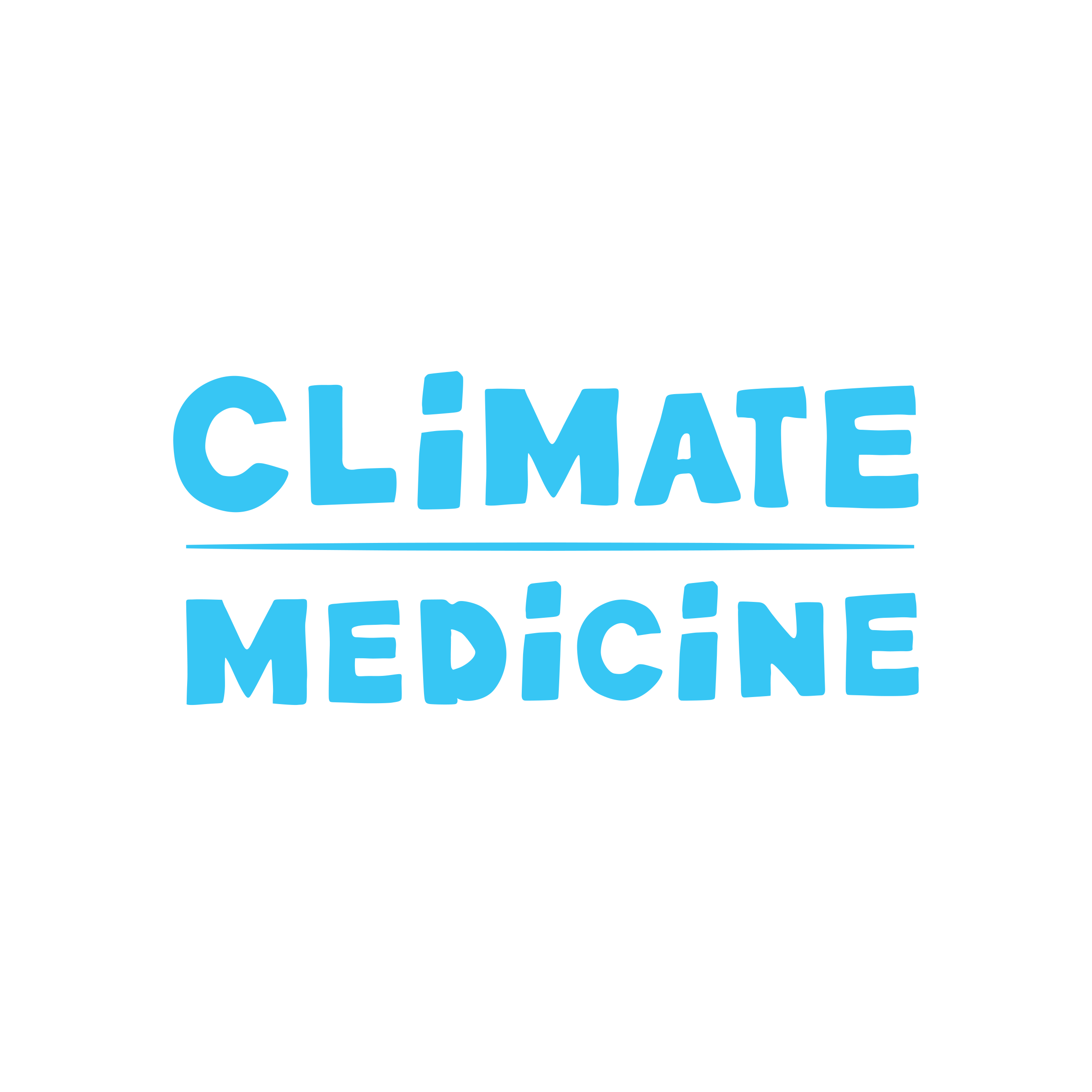Infection
Climate change is altering the behaviour of disease causing organisms. We are seeing changes in the distribution patterns of disease and we are seeing pathogens that are harder for our immune response to act against. When we get sick our body temperature increases and this heat helps kill the infecting organism. With global warming, pathogens more resilient to heat are selected for and these strains are harder for our bodies to kill. Striking changes in disease transmission have been seen with vector borne diseases, cholera and salmonella.
Vector Borne Disease
Vector Borne Disease (VBDs) are those diseases that are spread to humans via insects that are carrying the disease causing pathogen. The most well known of these is Malaria which is caused by the parasitic Plasmodium spp and spread by the Anopholes mosquito. Other common VBDs are Dengue Fever, Zika virus and Lyme Disease. In Australia, the most notified VBDs are Ross River Fever and Barmah Forest Virus infection.
The effect of temperature and rainfall change as well as extreme weather events, have caused outbreaks of VBDs, with increased human infection associated with floods in tropical regions.
The Anopholes mosquito spreads malaria.
To protect yourself against infection of VBDs firstly take active steps to avoid being bitten. Use mosquito repellant, mosquito nets and wear loose light coloured clothing if you are in a tropical region. Medication is available that helps prevent malaria infection. Talk to your doctor.
Cholera
Cholera is a diarrhoea disease caused be the bacterium Vibrio Cholerae. Cholera epidemics are associated with high temperatures and floods and are more common in tropical regions. Cholera can cause extreme diarrhoea, vomiting and dehydration. Without medical support it can be fatal. Fortunately, there is a vaccine available.
As climate change causes higher temperatures and more extreme weather events it is predicted to increase the incidence of cholera outbreaks and to increase the regions in which they occur.
Salmonella
Salmonella infections are a common cause of food poisoning. There is an increase in infection rates with increased temperatures and heat waves, which are increasing phenomena caused by global warming and climate change. Salmonella causes nausea, vomiting and diarrhoea and may lead to dehydration.
With all infections it is important to keep well hydrated by drinking lots of water and avoiding excess stress upon your body by resting. If you are unwell seek medical advice.
REFERENCES
http://www.lancetcountdown.org/2019-report/
https://climatenexus.org/climate-issues/health/climate-change-and-vector-borne-diseases/
https://eos.org/articles/climate-change-predicted-worsen-spread-cholera
Covid-19, Deforestation and Planetary Health
The Covid-19 pandemic has shows us just how important health is and that disease can stop us in our tracks. Covid-19 is one the zoonoses, a group of diseases where a pathogen has jumped from an animal or insect host to a human. Because humans immune systems have not encountered these diseases before, they can overwhelm the immune response and spread quickly through the community. Other well known examples of zoonotic diseases are Ebola, HIV, Bird flu and rabies.
Due to deforestation humanity is at increased risk of zoonoses. As we encroach on natural habitats we come into close contact with animals who are natural reservoirs for these diseases and all it takes is one mutation for the disease to then be transmitted to humans. Forests naturally act as a protective buffer and so with widespread global deforestation we can expect further zoonotic pandemics to threaten human health.
Covid-19 demonstrates the need for a planetary health approach to the way humans live. We need a healthy planet to have healthy people and when we examine the way humans disrupt Earths natural systems we can see that theses disruptions are extremely bad for us. Obvious examples of this are the effects of pollution on respiratory health but also include loss of arable land, water insecurity and of course, infectious disease.


